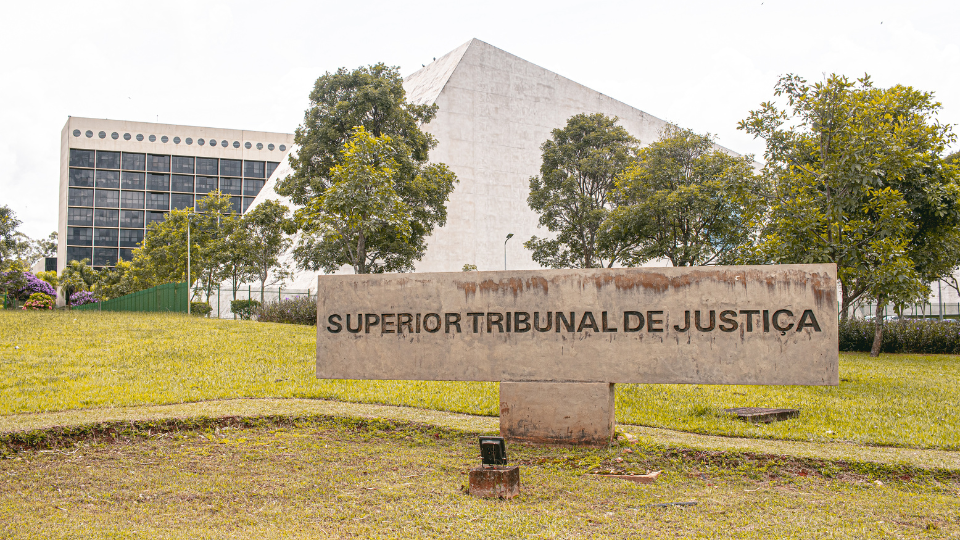Considered one of the world’s oldest occupations, dating back as far as the Sumerian society, lawyering has the duty to fight for the supremacy of Justice, the enforcement of the Constitution, and the respect for the Law. However, despite the nobility of its mission, society has for some decades been facing a phenomenon that undermines the full operation of the Law and the lawyer’s role: predatory litigation, through so-called fake disputes.
The National Council of Justice frames this social phenomenon as the “mass filing or the posing of damage based on the abusive use of the Judiciary Branch.” Studies such as the one carried out by the Lawsuit Profile Monitoring Center of the Court of Appeals of São Paulo, in 2023, corroborated by several other courts cross-country, indicate that the repeated filing of ungrounded actions leads to billions in losses to the public treasury, in addition to delaying or even harm access to justice for a large share of the population.
In addition to the damage to the judicial system, fake disputes have triggered law enforcement operations such as “Arnaque,” launched in the State of Mato Grosso do Sul, “Praeda,” carried out in the State of Tocantins, “Data Vênia,” in Bahia, and “Sucumbência,” in Rio Grande do Sul, which exposed million-dollar schemes drawing on the violation of consumer rights by legal practitioners, and the fabrication of lawsuits, often driven by criminal schemes.
The scenario is aggravated by the increasing use of social media as a means of disinformation, used by companies pretending to offer free legal advice that ultimately engage distressed consumers in lawsuit fabrication schemes or even those selling courses which would allow young lawyers to make huge earnings out of repetitive judicialization, without warning them of the legal risks inherent to such working methods.
All these wrongdoings even devastate the Brazilian economy, harming everything from air transport to access to credit to maintain consumption, given that the cost of undue judicialization reduces the capacity of companies and makes services and products offered in the most diverse industries more expensive.
In the face of such troublesome legal and social context, the Superior Court of Justice aims to solve the controversy established in Repetitive Theme No. 1.198, which revolves around the general power of the court to grant injunctions and the possibility of judges to order specific measures, as concerns actions suspected of predatory litigation. It is expected that, with the resolution of this conflict, duly substantiated lawsuits will be brought to the court system, supported by documents and evidence appropriate to due process of law.
What can be noticed, however, is that the problem of artificial judicialization goes beyond civil procedure, and deserves to be addressed in all possible contexts: before the Brazilian Bar Association, Law Enforcement Authorities, as well as via the Criminal Procedure. Only then will it be possible to guarantee full access to justice to those subject to the jurisdiction, meanwhile lawyers will be ensured a realistic scenario for fulfilling their noble professional duty.
Autor: Yuri Arraes Fonseca de Sá • email: yuri.sa@ernestoborges.com.br • Tel.: +55 67 3389 0123+55 67 99271 2013

